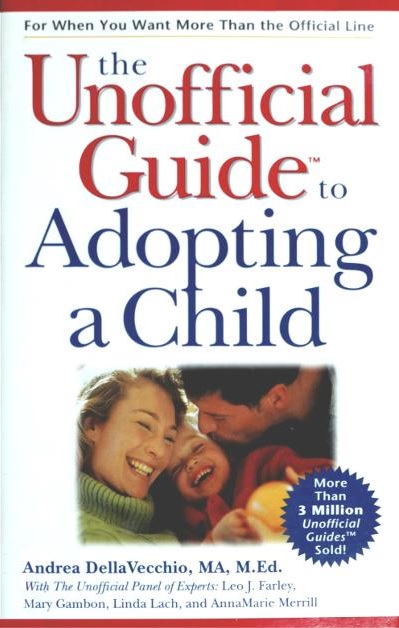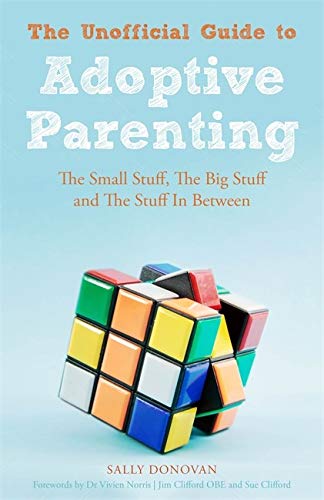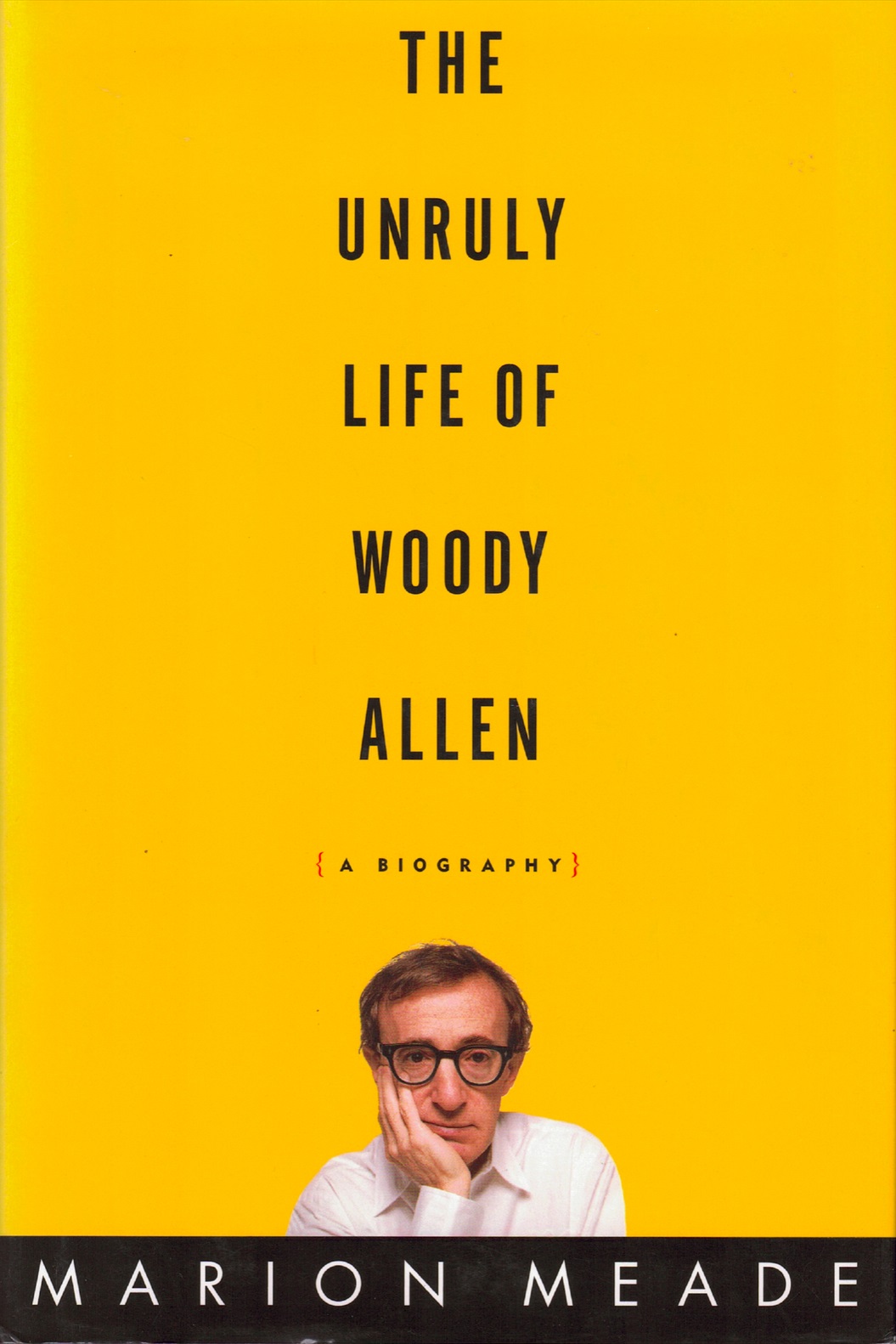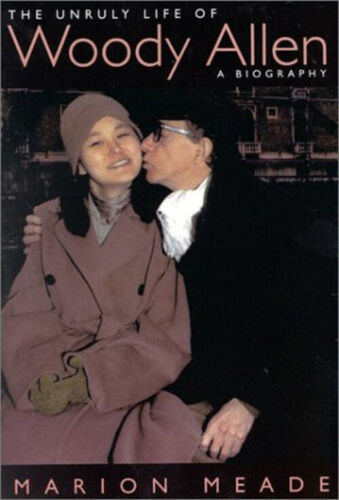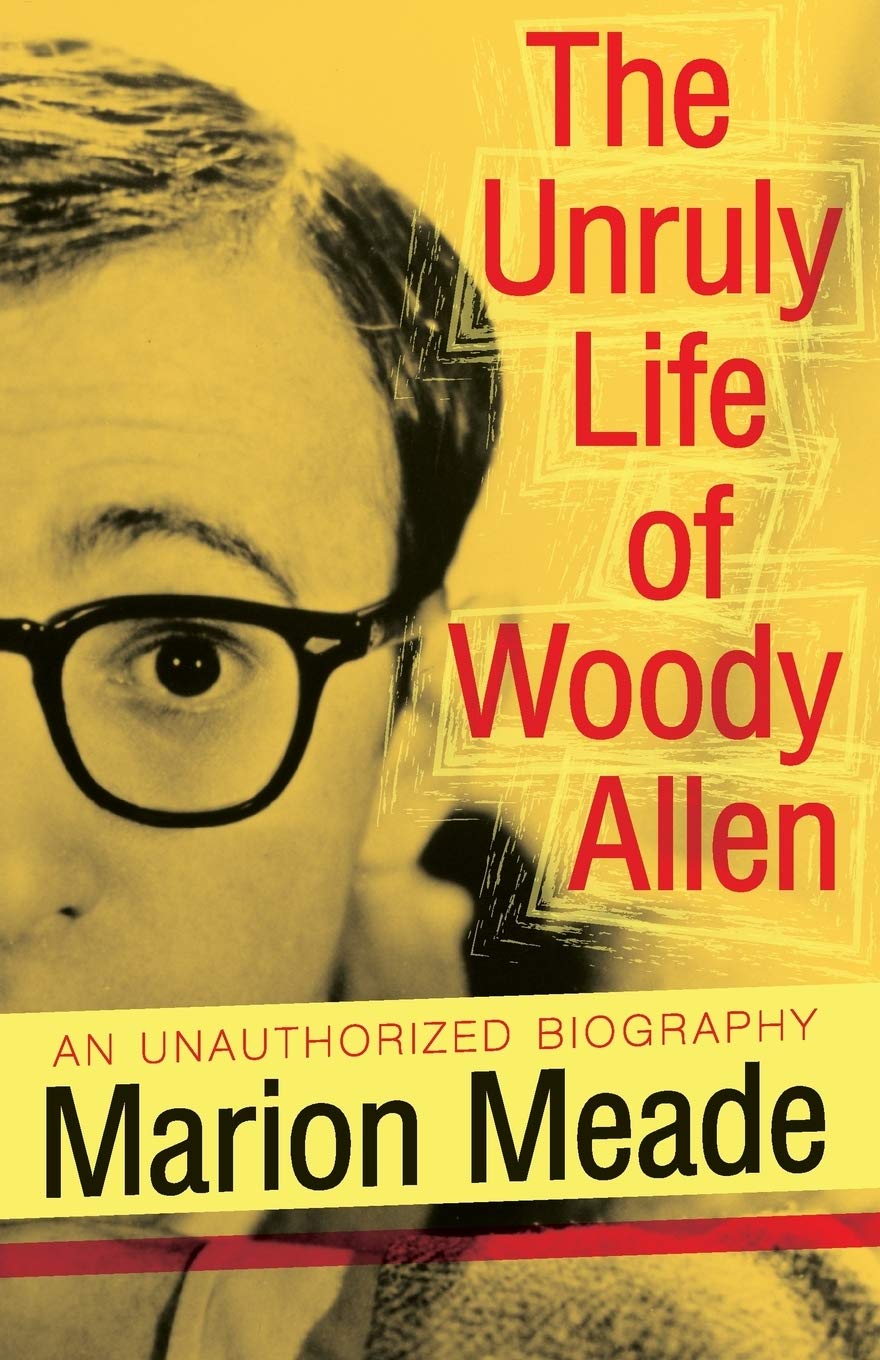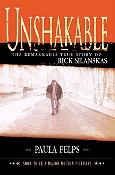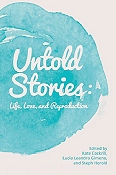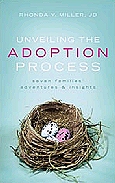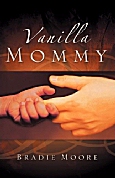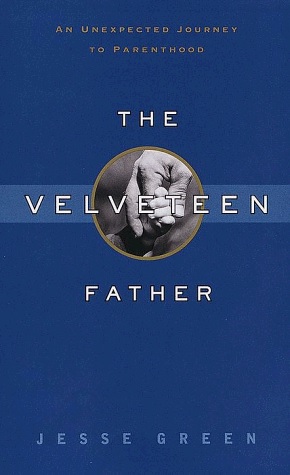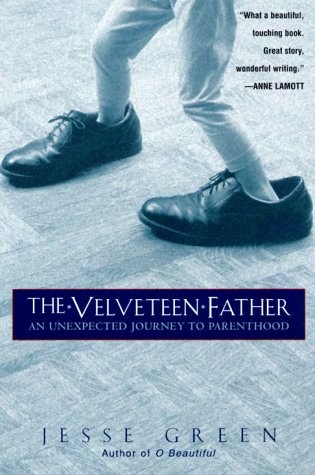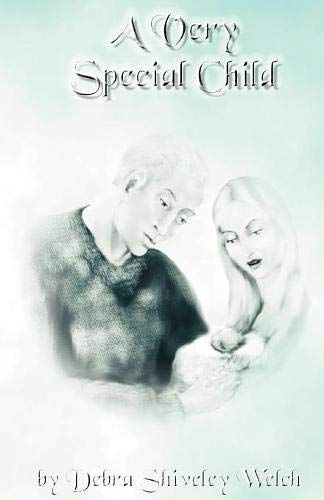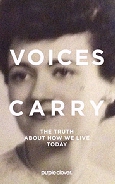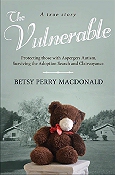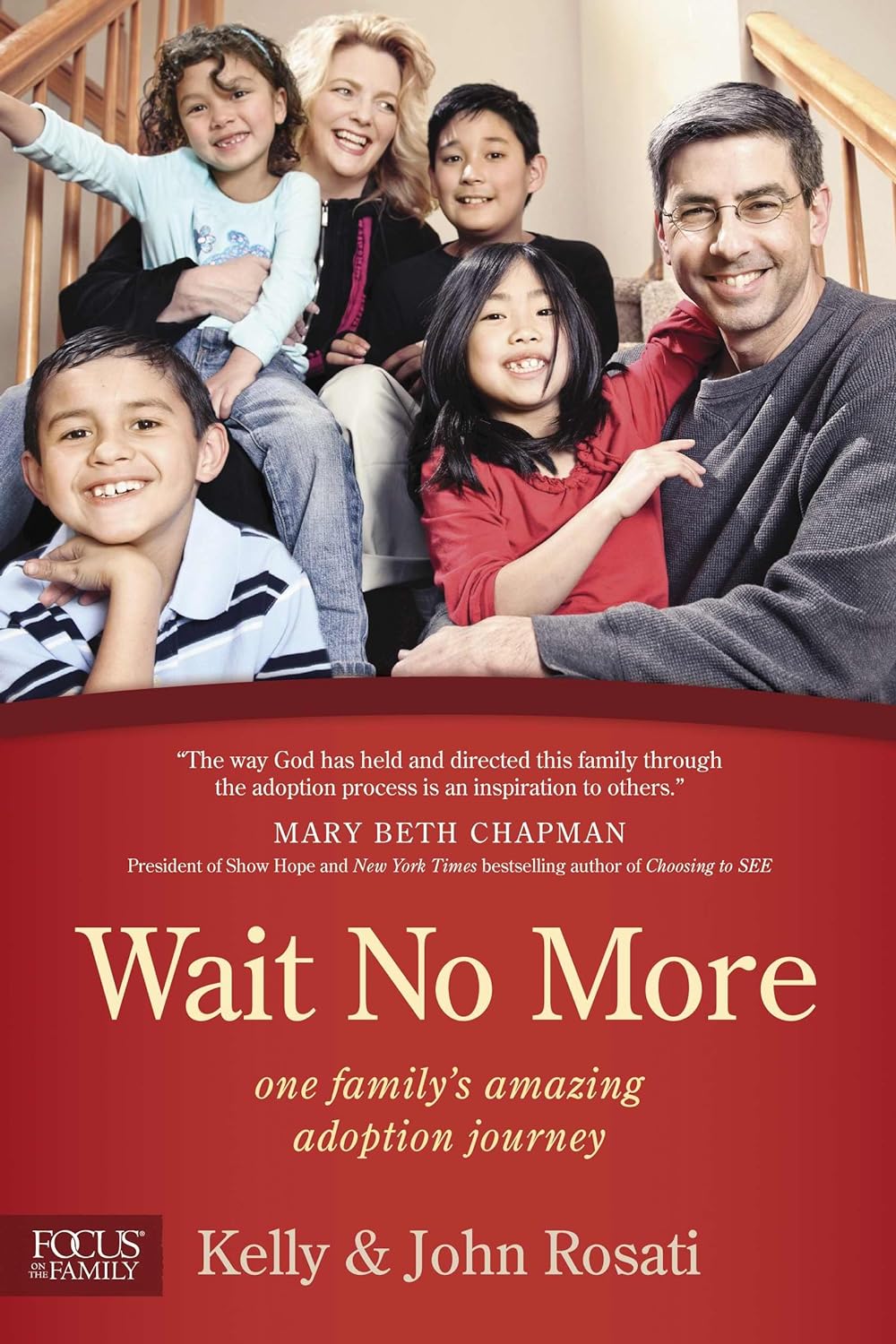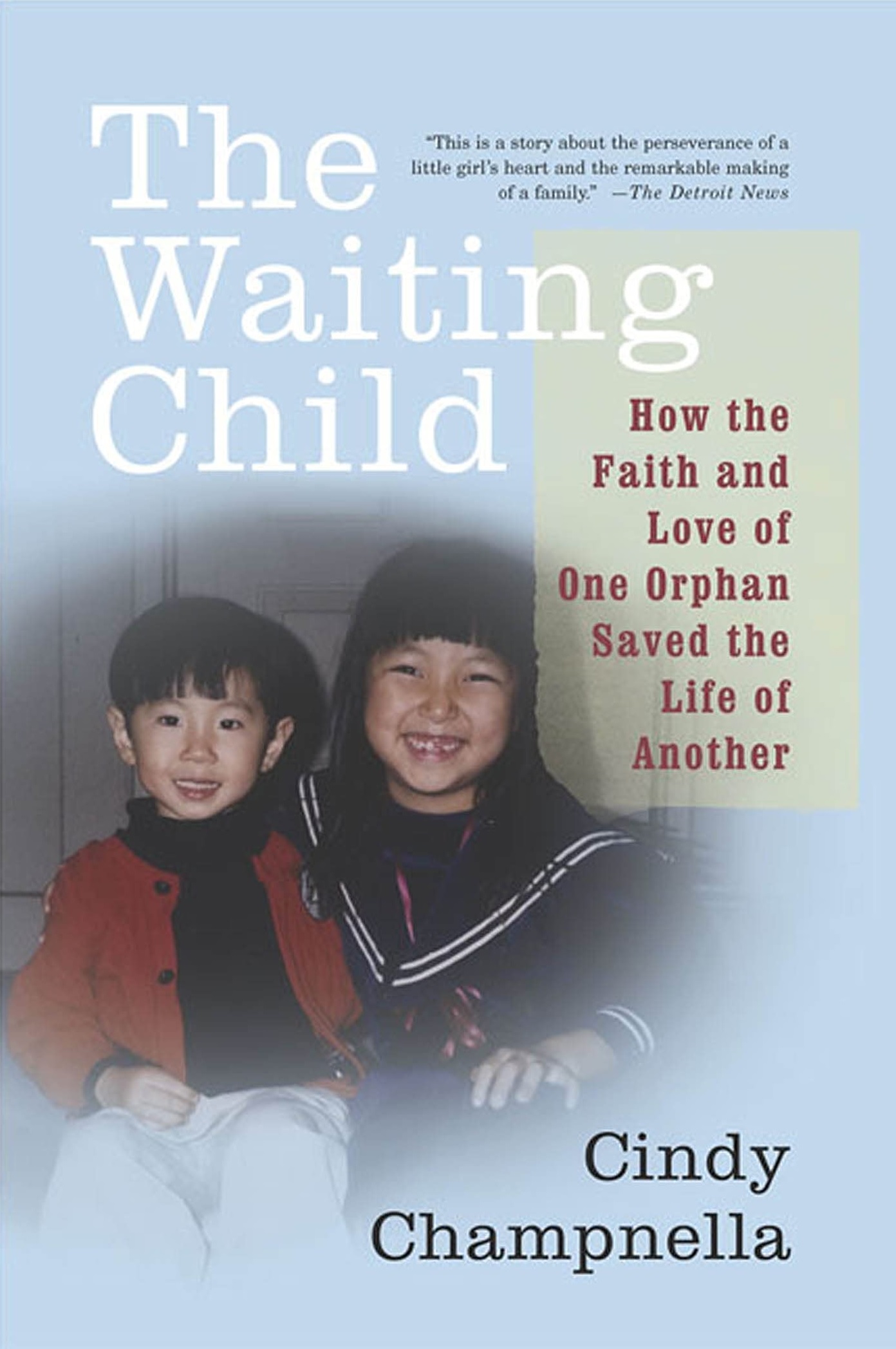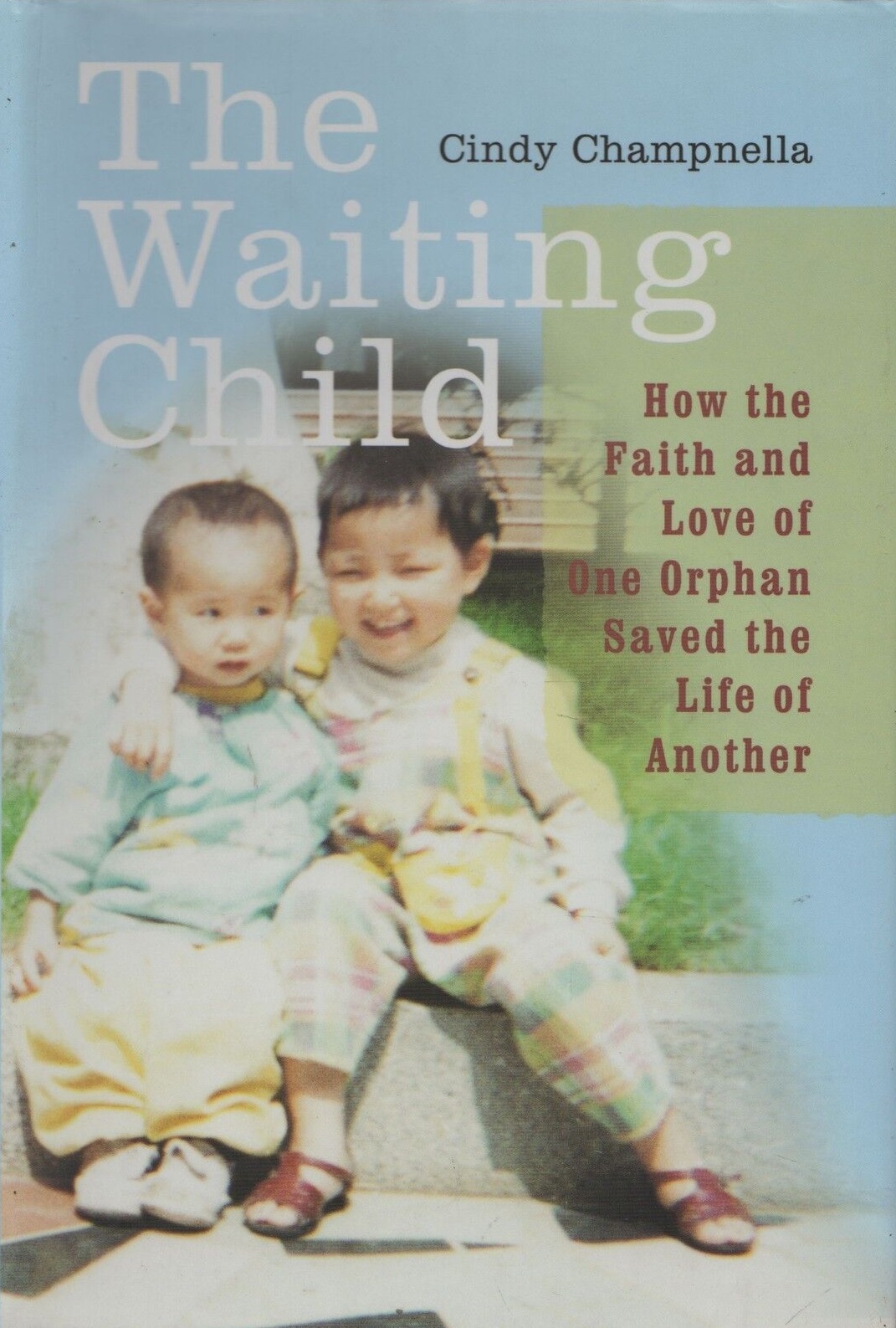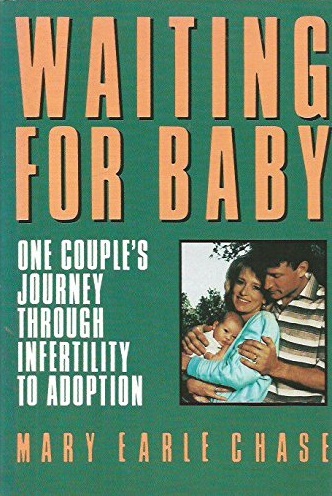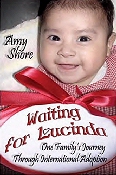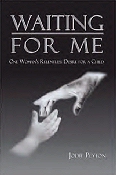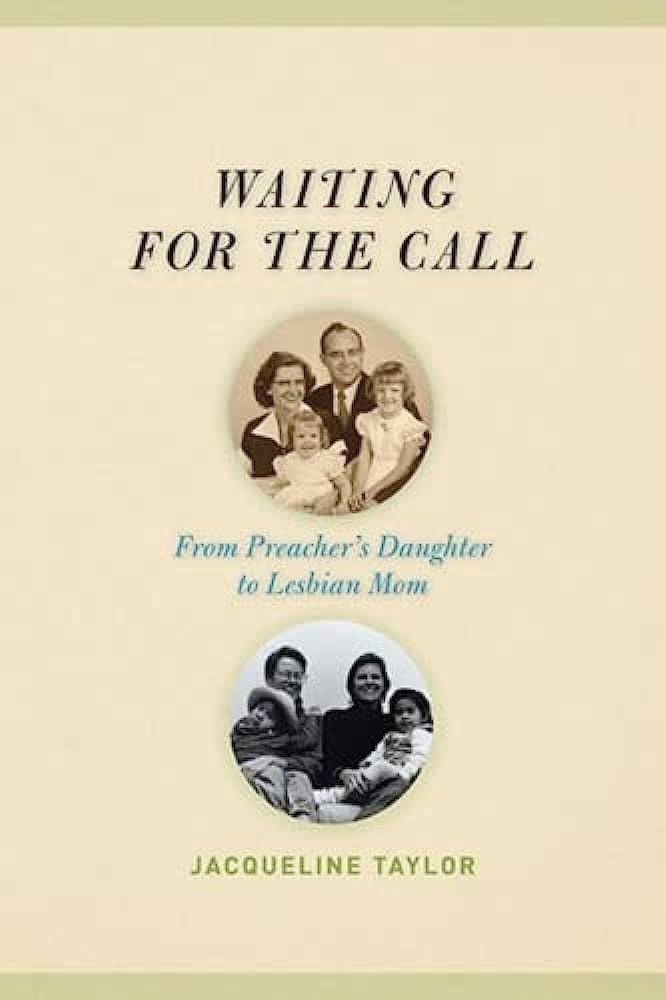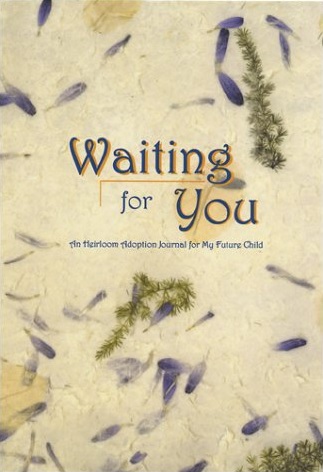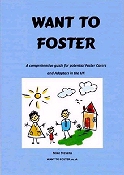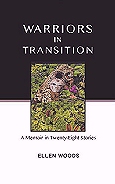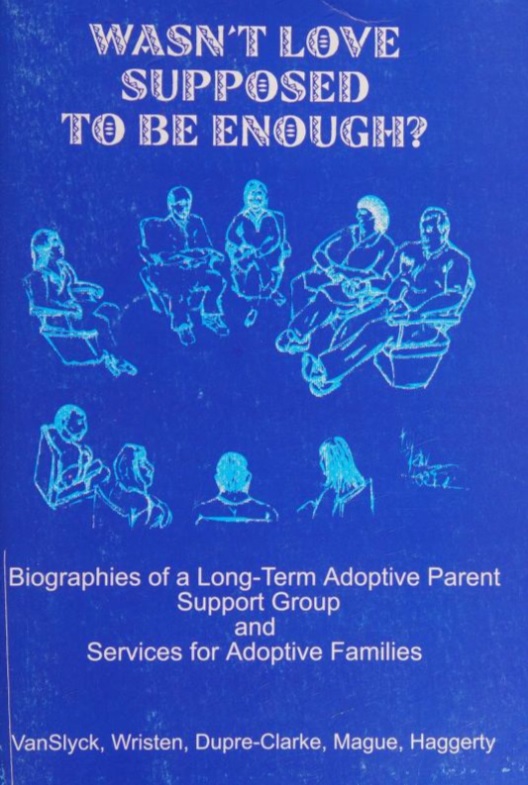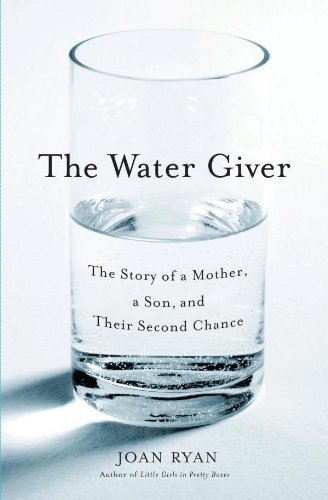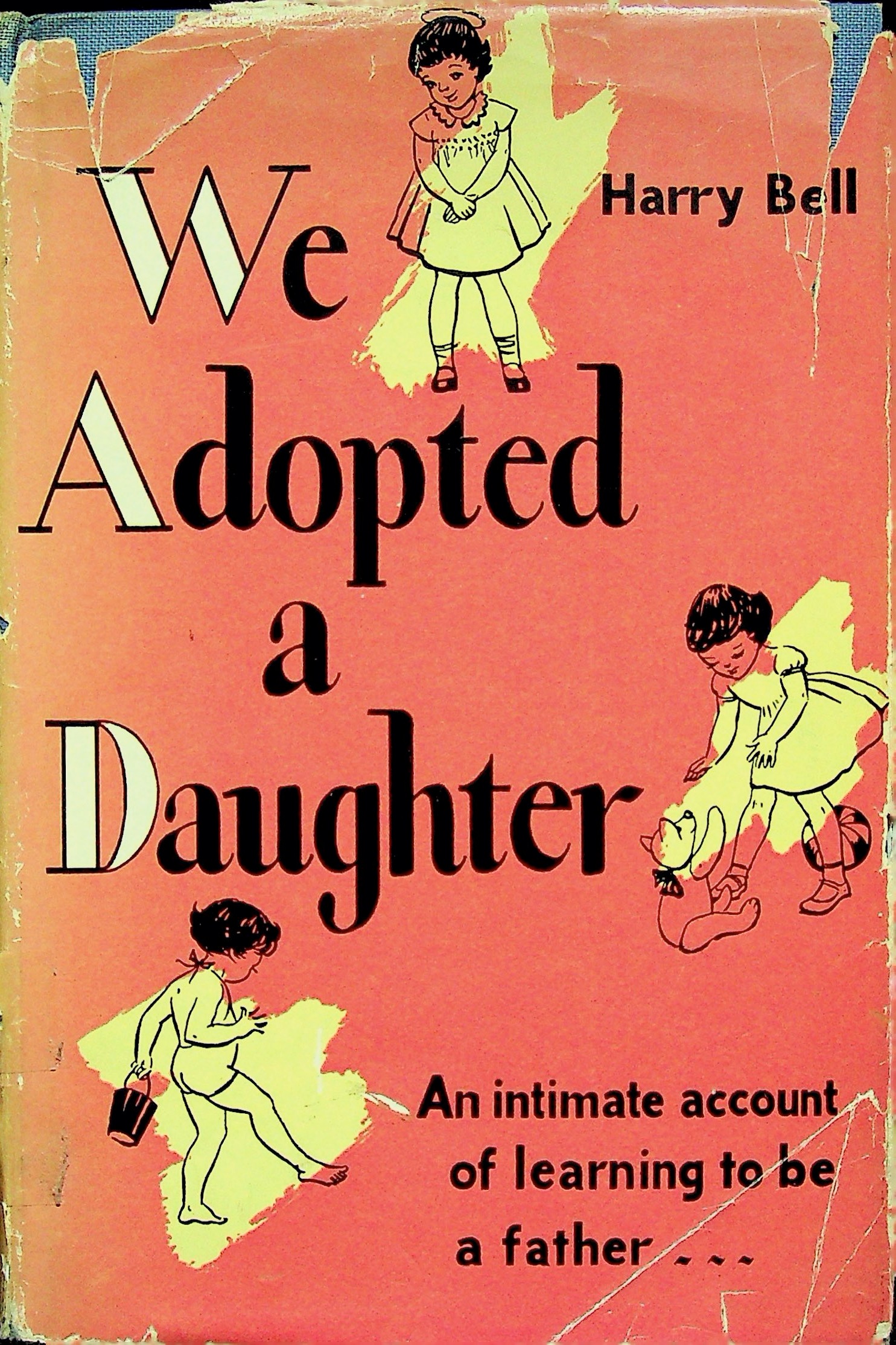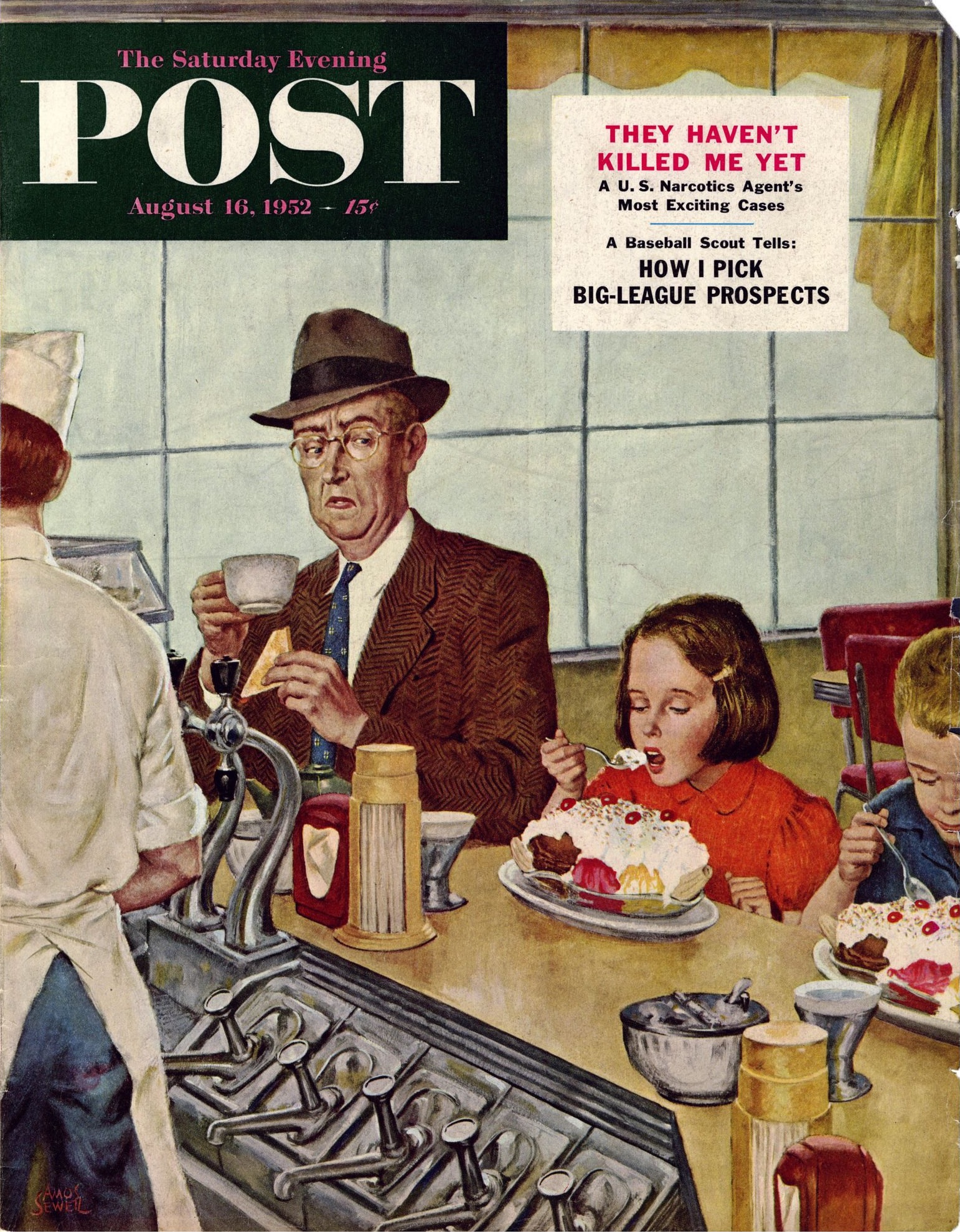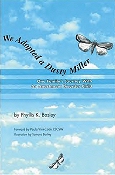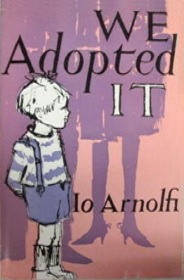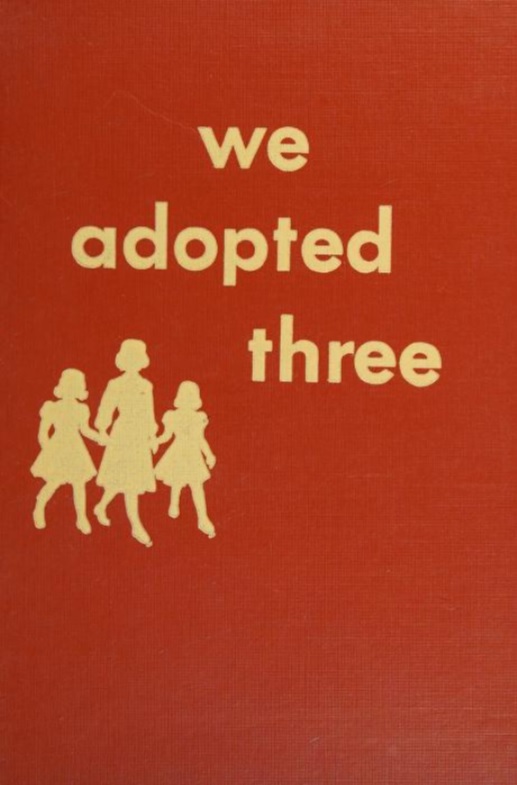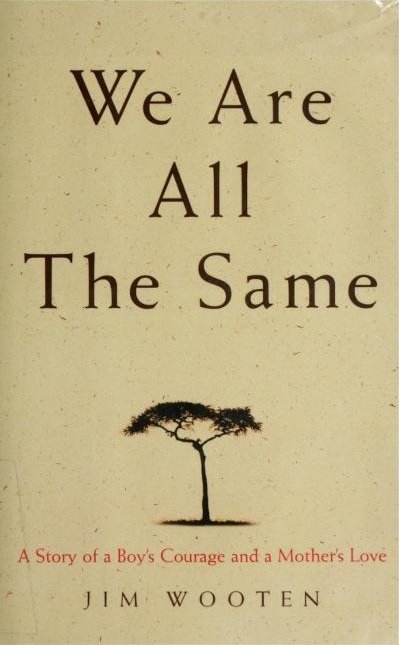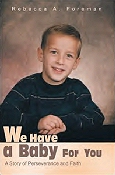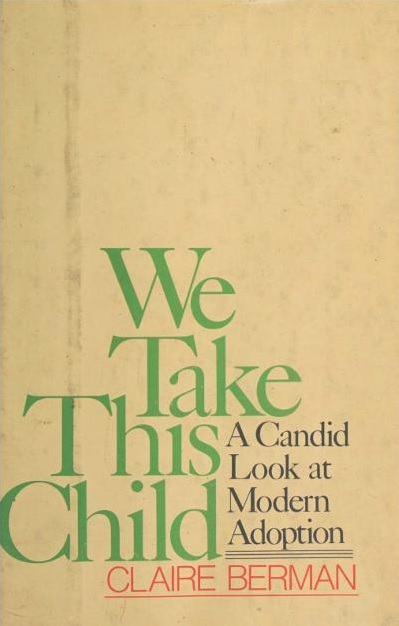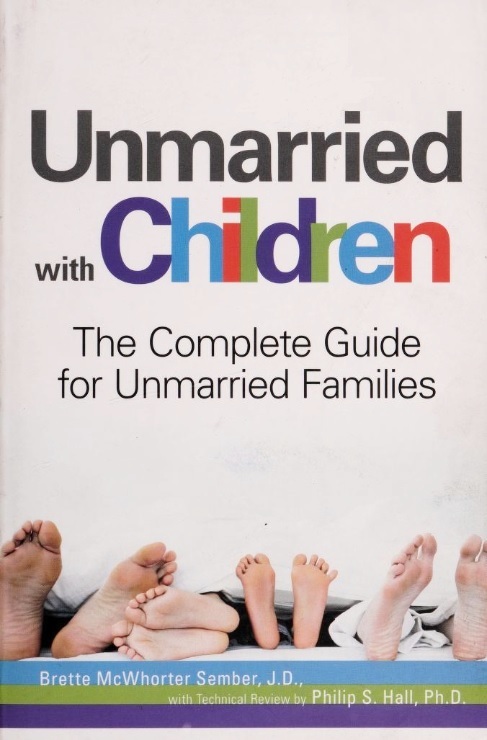 |
|
 |
Award-winning author and attorney Brette McWhorter Sember provides real-life scenarios and resources to help guide you through the myriad issues that face unmarried singles and couples today. This firstof-its-kind parenting manual covers these and other important topics:
| • Custody concerns • Paternity issues |
• Adoption laws • Children’s rights |
About the Author: Brette McWhorter Sember, J.D., is an award-winning author, mother of two, former attorney, and freelancer whose writing career began eight years ago when she left her law practice to stay home after the birth of her second child. The recipient of the Mothers at Home 1999 Media Award, she has written more than twenty books, including The Everything® Guide to Pregnancy Over 35, How to Parent with Your Ex, and Gay and Lesbian Parenting Choices. Her freelance work has appeared in more than 130 publications, including American Baby, Child, ePregnancy, Writer's Digest, Personal Journaling, Divorce Magazine, Home Business Journal, Pregnancy, and Conceive. She lives in Clarence, NY.
Philip S. Hall, Ph.D., is a licensed psychologist and licensed school psychologist, and ts the principal author of two nonfiction books on children, Educating Oppositional and Defiant Children and the upcoming Parenting Your Defiant Child. He holds a Ph.D. in psychology from the University of Montana. Dr. Hall currently specializes in working with behaviorally challenged children and adults on American Indian Reservations and for various Plains States school systems. He lives in Spearfish, SD.
By the Same Author: The Complete Adoption and Fertility Legal Guide (2004, Sphinx Publishing); The Infertility Answer Book: The Complete Guide to Your Family-Building Choices with Fertility and other Assisted Reproduction Technologies (2005, Sphinx Publishing); Gay and Lesbian Parenting Choices: From Adopting or Using a Surrogate to Choosing the Perfect Father (2006, Career Press); The Adoption Answer Book (2007, Sphinx Publishing); and The Everything Parent’s Guide to Raising Your Adopted Child: A Complete Handbook to Welcoming Your Adopted Child Into Your Heart and Home (with Corrie Lynn Player & Mary C Owen; 2008).
